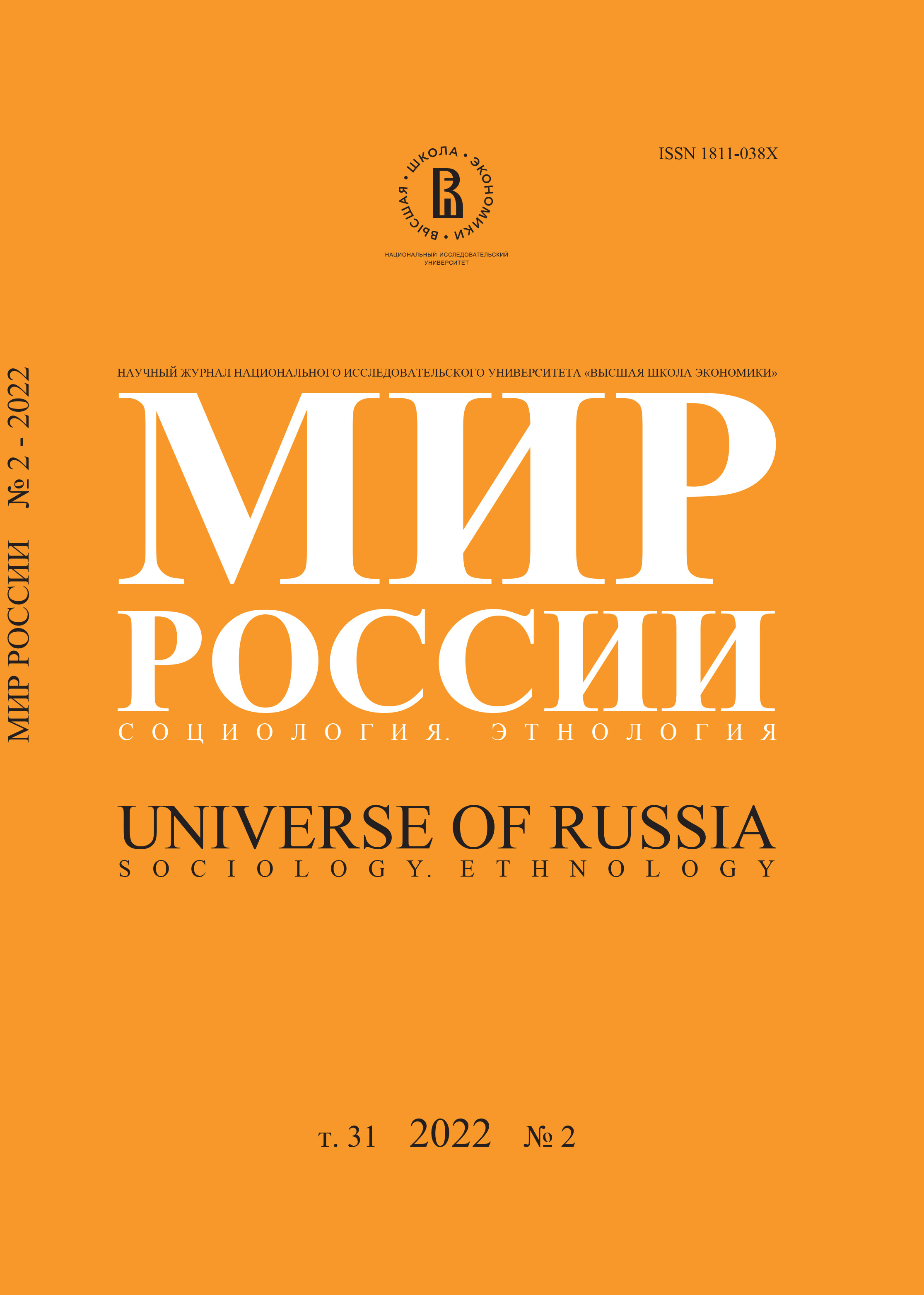Strategies for the Preservation and Cancellation of the Direct Election of Municipal Heads in Russia
Abstract
Subnational appointments may improve the cohesion of the elites and regime sustainability since the tenure of appointed heads directly depends on the upper-level administration, unlike the more independent directly elected subordinates. In this regard, most Russian regional authorities, who were able to independently determine the design of executive power at the local level after the reform in 2014–2015, now aim to replace direct elections of municipal heads with appointments. However, the abolition of direct mayoral elections is not always possible or beneficial for the regional authorities. Based on interviews, I compare the municipalities of the Amur Region and the Republic of Buryatia and show that replacing elections with appointments depends on the loyalty of the municipal legislature, which is ensured through the mandates of the United Russia party. Appointments can be used in two cases: to prolong the political survival of a loyal incumbent who has lost the ability or opportunity to be re-elected, or to liquidate a disloyal mayor. As an exception, direct elections are retained in those territories where mayors have strong political machines if they serve the interests of the regional administration. Opposition municipal legislatures are blocking the cancellation of mayoral elections because, informally, appointments do not allow opposition parties to recruit candidates. It is also easier for the regional administration to support the electoral model because it makes the mayor independent of the opposition legislature, and allows the regional authorities to co-opt the mayor’s resources into the power vertical.






